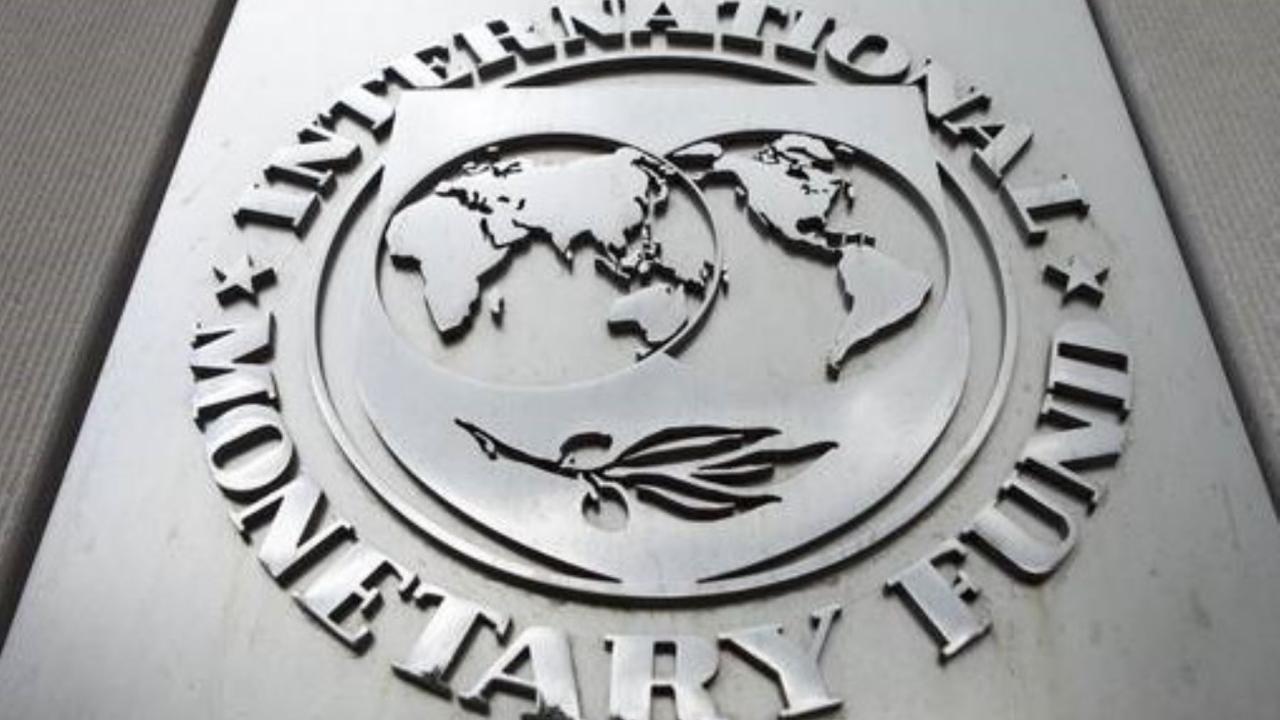
While inflation is easing and a soft landing is expected, challenges remain.
The global economy has shown remarkable resilience in the wake of the pandemic, with inflation gradually declining toward targets set by central banks.
However, despite signs of a soft landing globally, divergences in growth and inflation across countries persist, along with depleted reserves and poor medium-term growth prospects. Vulnerable countries face the risk of falling further behind.
In this context, the fundamental priorities are to replenish reserves, reactivate medium-term growth and adapt the policies and tools of the International Monetary Fund (IMF) to a constantly changing world, according to a report published in the newspaper El Peruano .
INFLATION
The multilateral institution expects global inflation to decline steadily, but a return to price stability is not yet guaranteed.
Different inflationary dynamics require country-specific strategies, taking into account factors such as the structure of labour markets, price rigidity and dependence on energy and food imports.
Medium-term growth is estimated to be low, hampering poverty reduction and job creation in developing economies, especially those with rapidly growing youth populations.
Fiscal deficits and high public debts could exceed 100% of gross domestic product (GDP) by 2029 if decisive action is not taken.
FISCAL SPACE
Rebuilding fiscal space is crucial to strengthening economic resilience and facilitating investments in climate and technological transitions.
A combination of revenue increases, through more progressive taxes or higher carbon tax rates, and spending cuts in less priority areas can help reduce debt and free up space for strategic investments.
To foster medium-term growth, structural reforms are needed to improve the productivity and efficiency of economies.
REFORMS
These reforms may include streamlining bureaucratic procedures, improving education and training of the workforce, and promoting competition in markets.
Furthermore, investment in infrastructure, especially in renewable energy and sustainable transport, can create jobs and stimulate long-term economic growth.
International cooperation is essential to address global challenges such as climate change, inequality and geo-economic fragmentation.
The IMF can play a key role in coordinating economic policies globally, providing technical and financial assistance to member countries, and promoting the adoption of international norms and standards.
According to the IMF, upcoming elections in many countries could make fiscal consolidation more difficult, as governments may be tempted to adopt populist measures to ensure their re-election.
However, postponing fiscal consolidation could lead to bigger problems down the road, such as a loss of investor confidence and rising interest rates.
Global trends such as digitalisation, artificial intelligence and biotechnology offer new opportunities for economic growth, but also present risks such as job automation and unequal access to technology.
Governments must adopt policies that promote innovation and the adoption of new technologies, while protecting workers and mitigating the negative effects of automation, the multilateral entity said.
DATA
- The global economy faces a complex and challenging outlook.
- Sustainable and equitable growth requires prudent macroeconomic policies, structural reforms, international cooperation and the challenges posed by climate change and technology.
- The IMF has a crucial role in this process, providing technical and financial advice to member countries and promoting global financial stability.
- Governments must implement measures to reduce debt, stimulate investment and promote inclusive growth.
- It is essential to strengthen international cooperation and coordinate monetary and fiscal policies.









